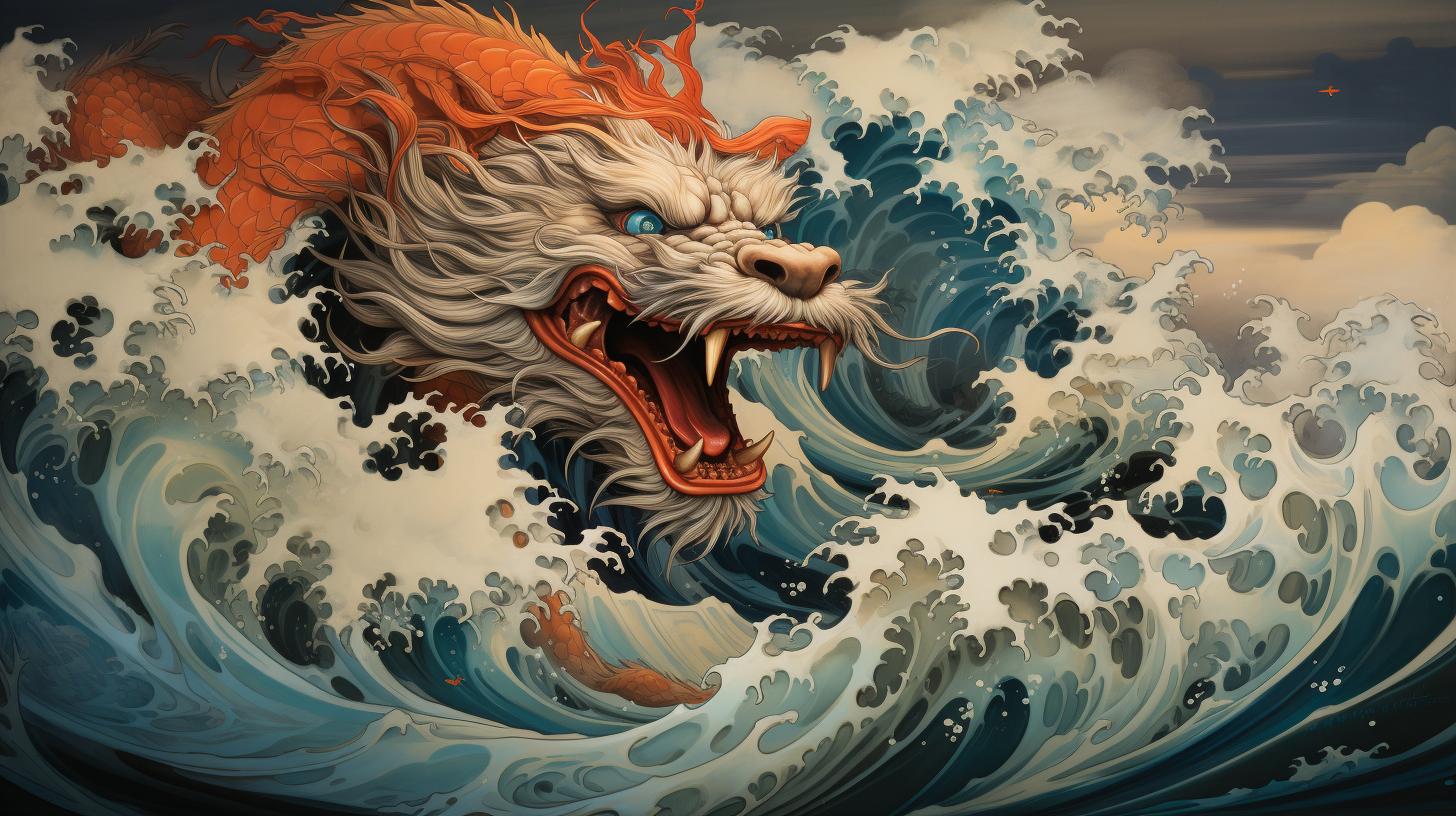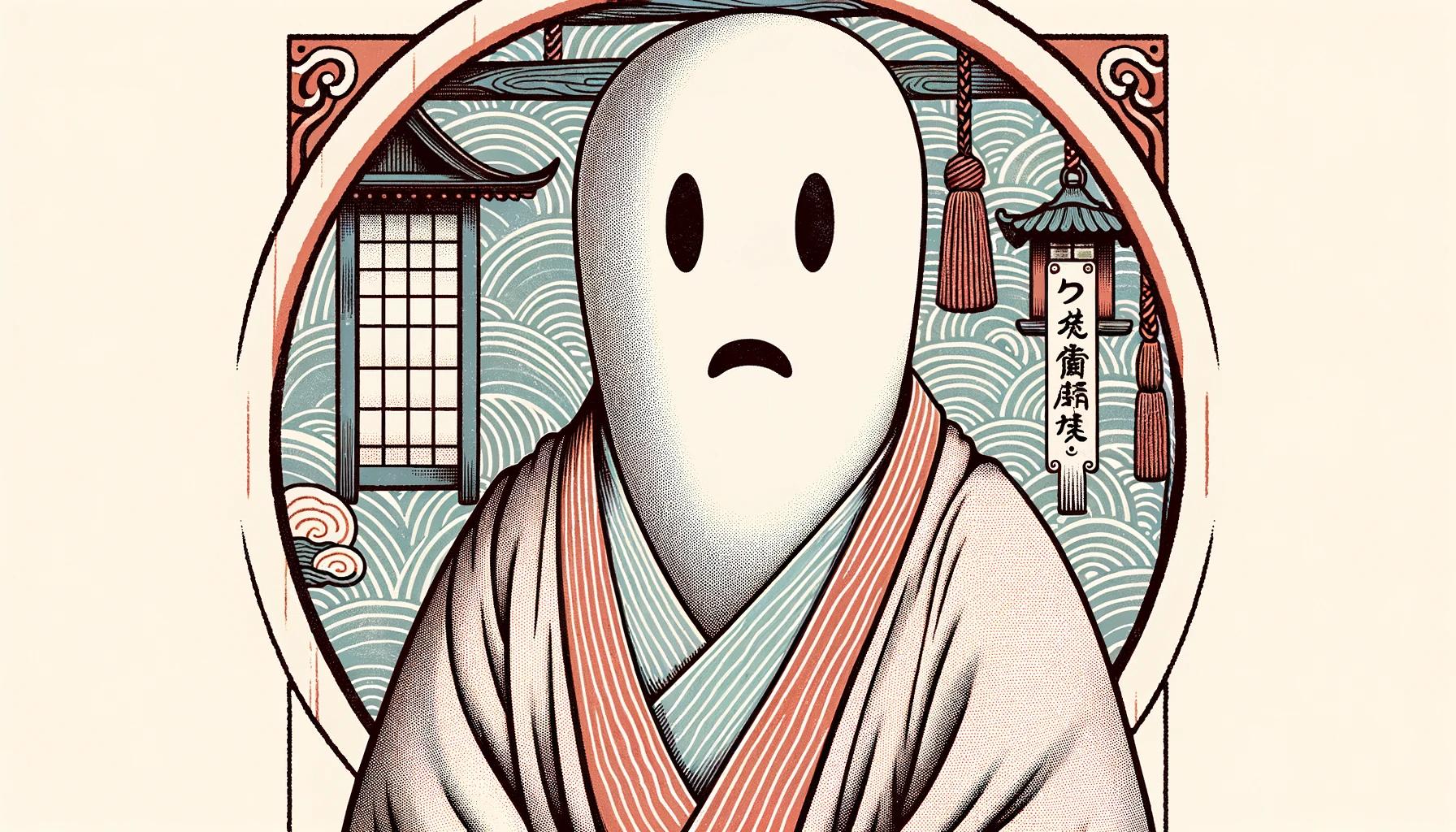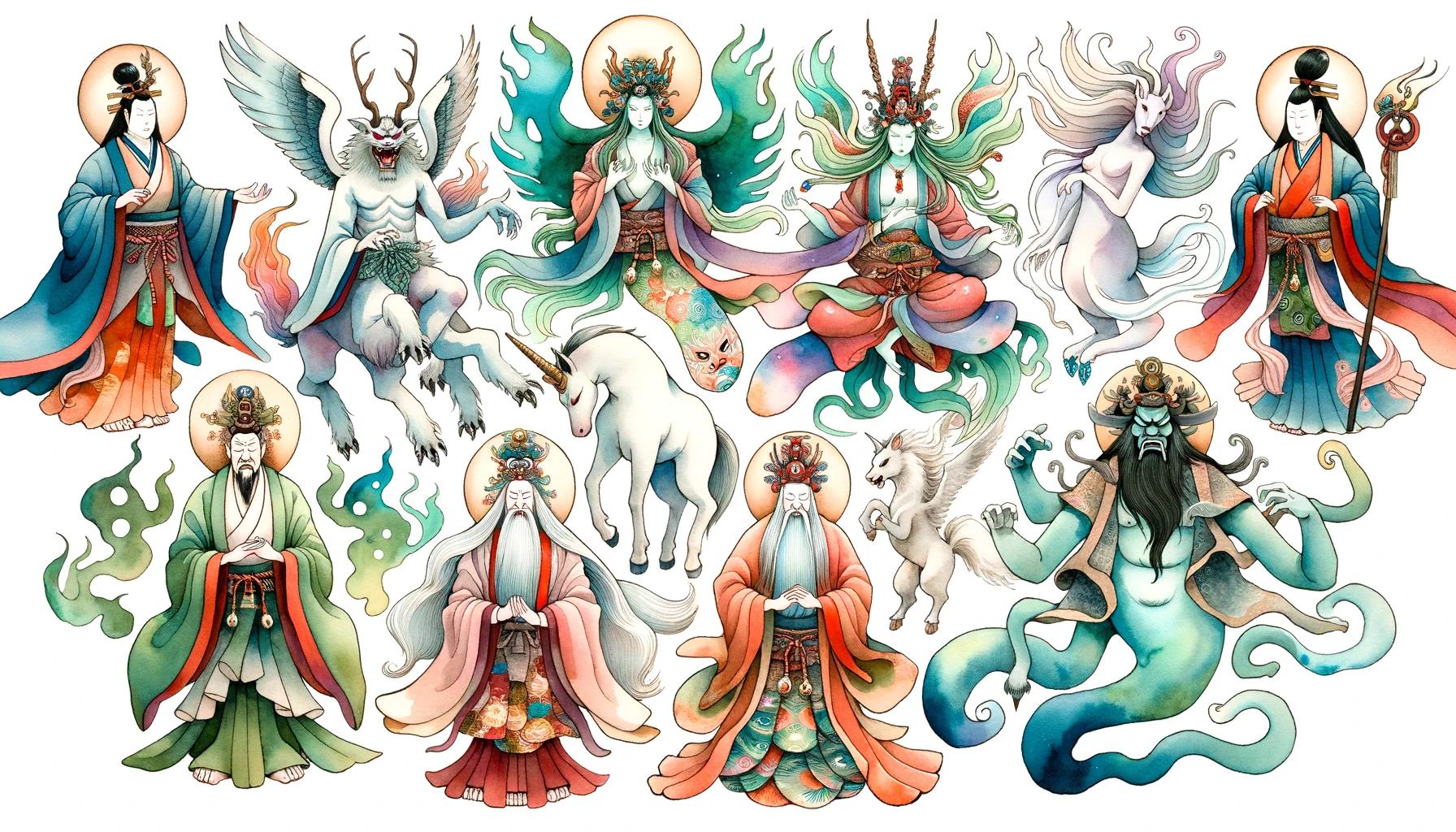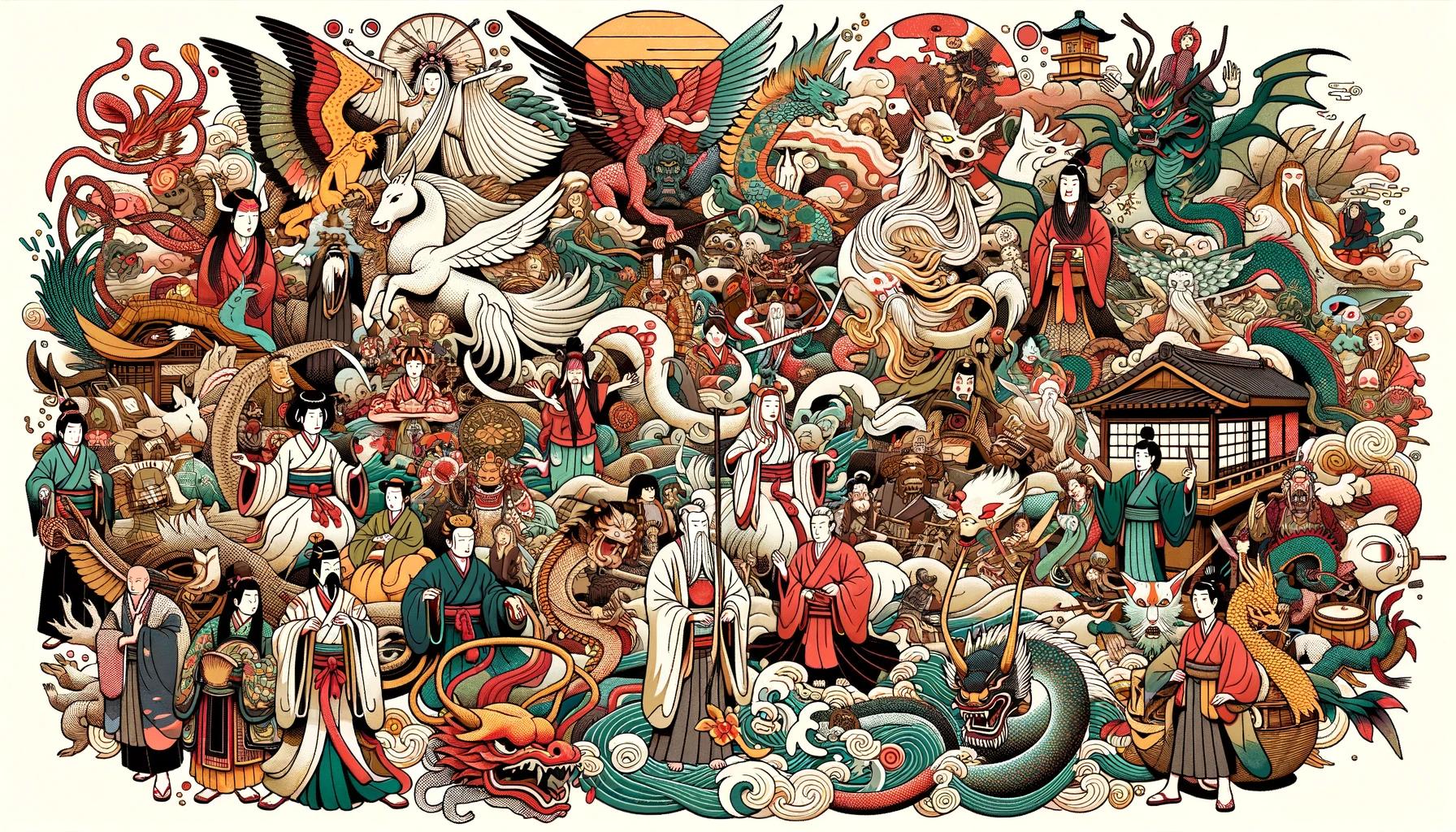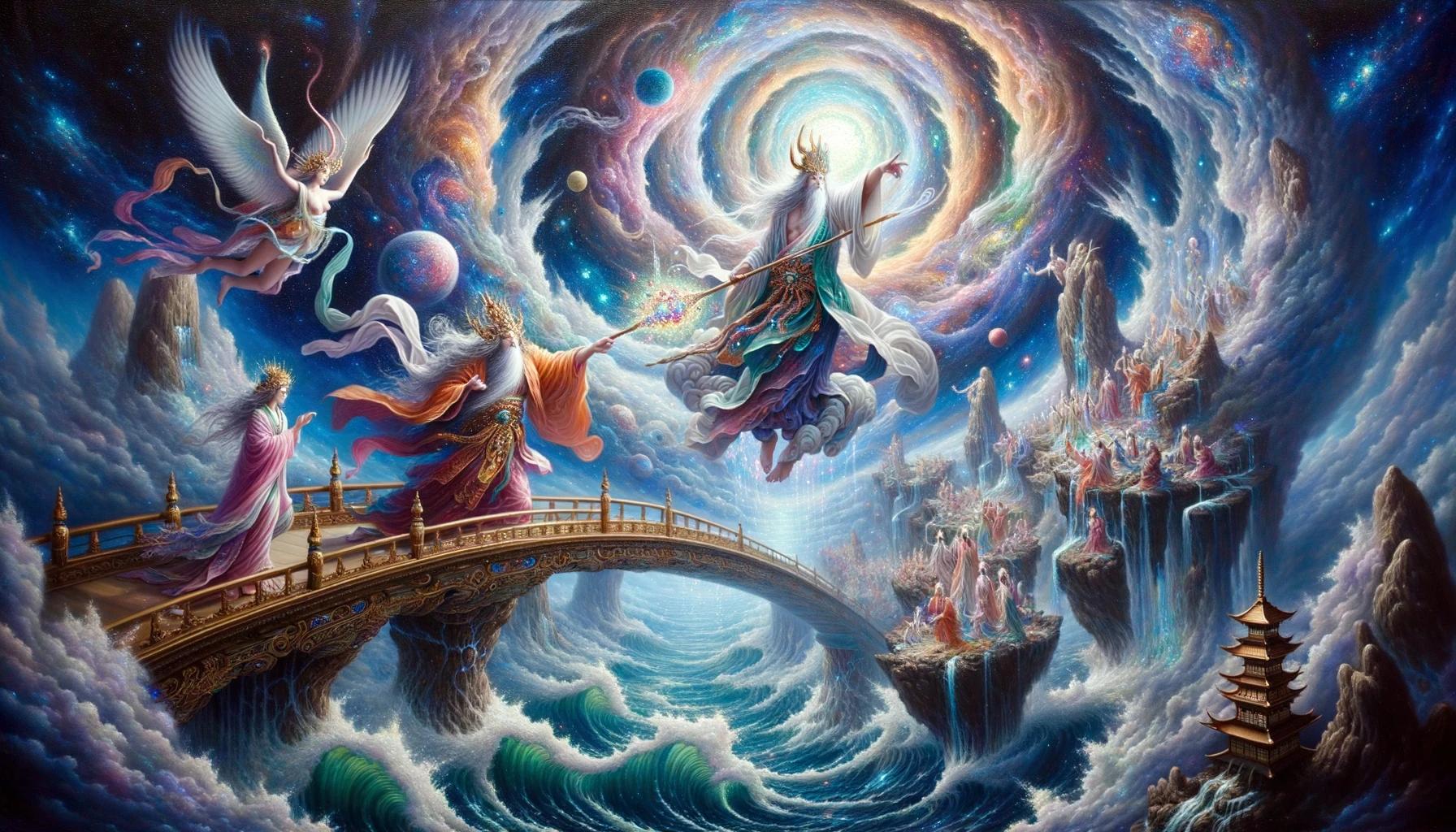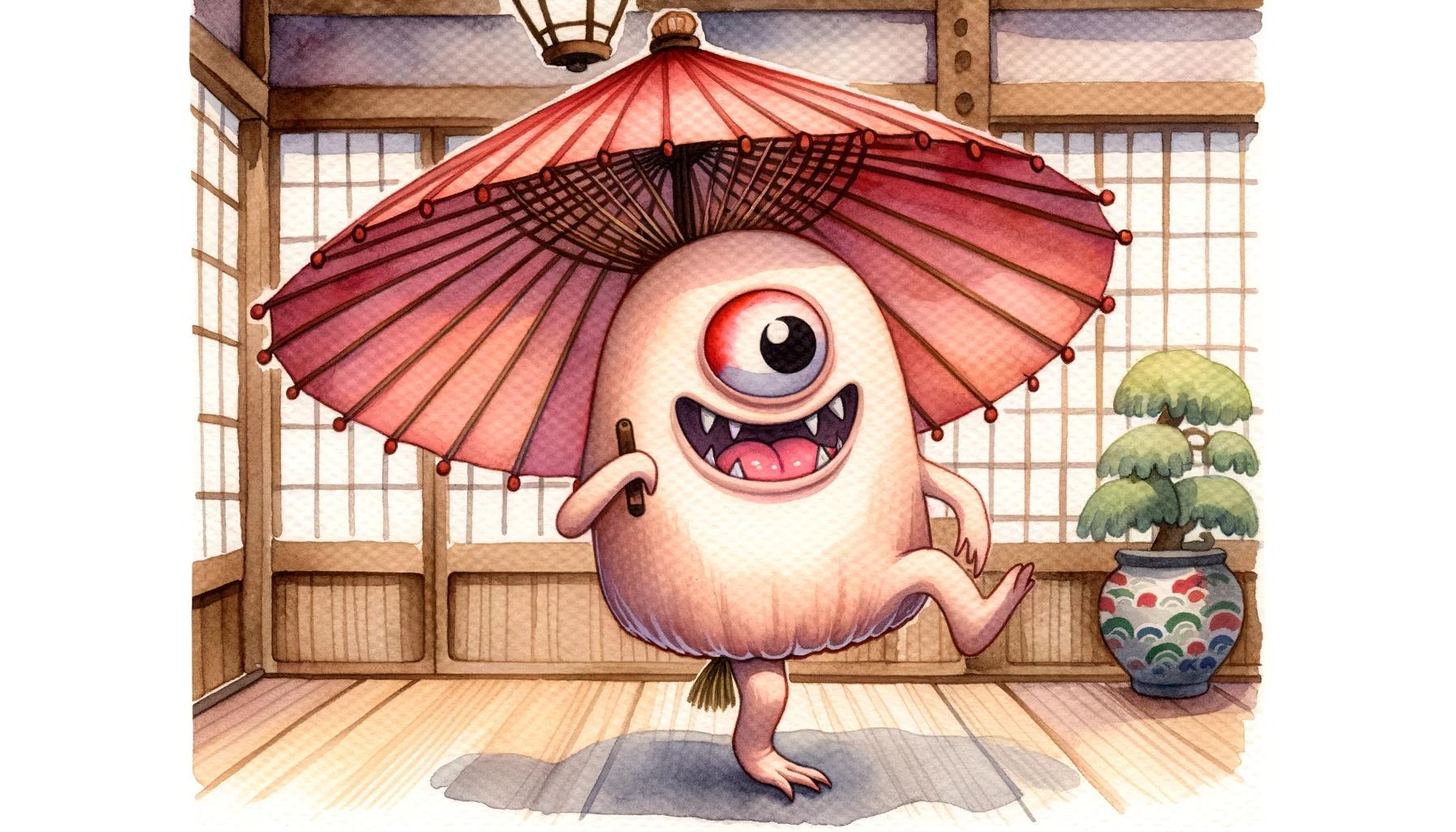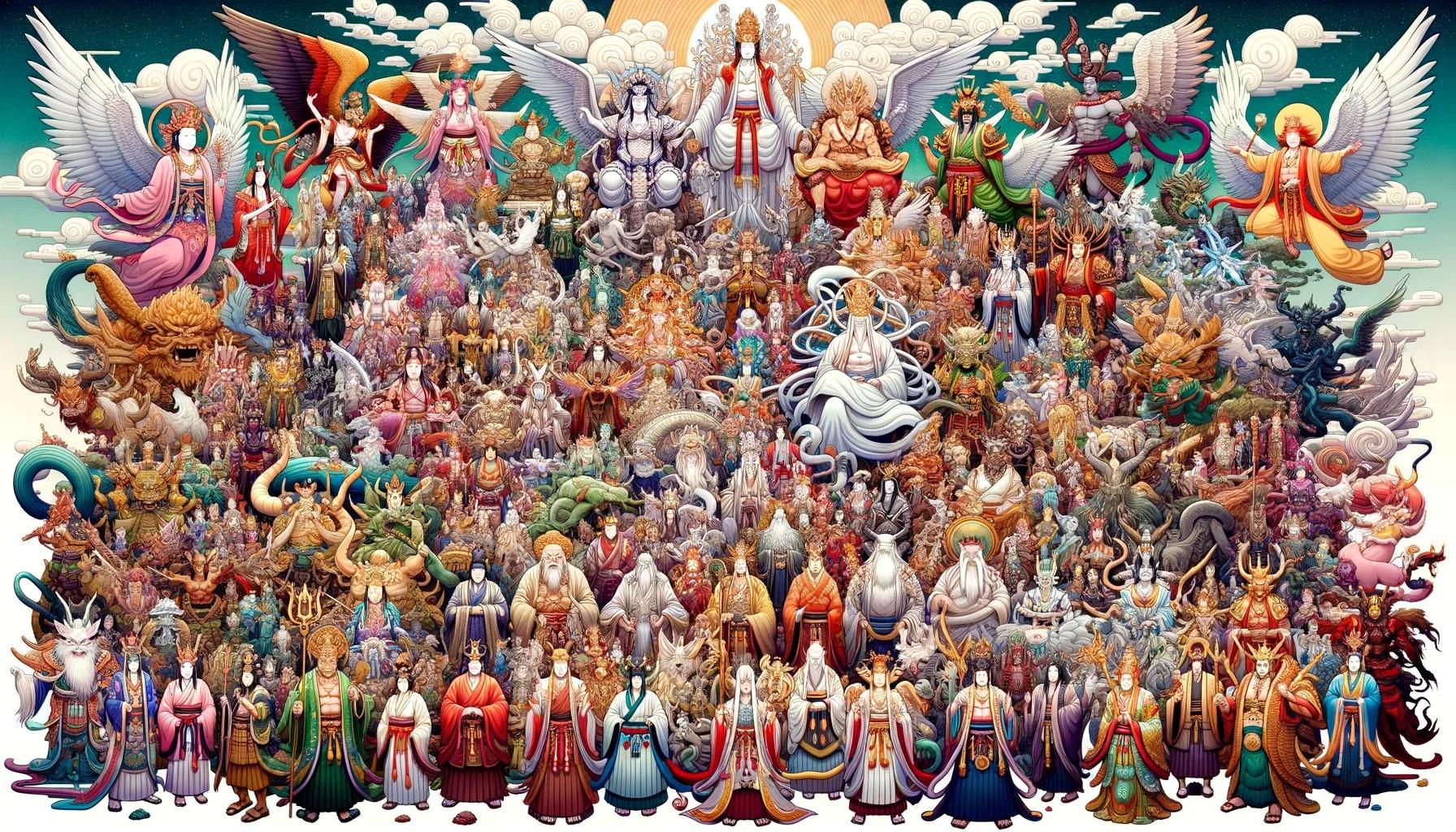Watatsumi: The Supreme Japanese God of Water and the Sea
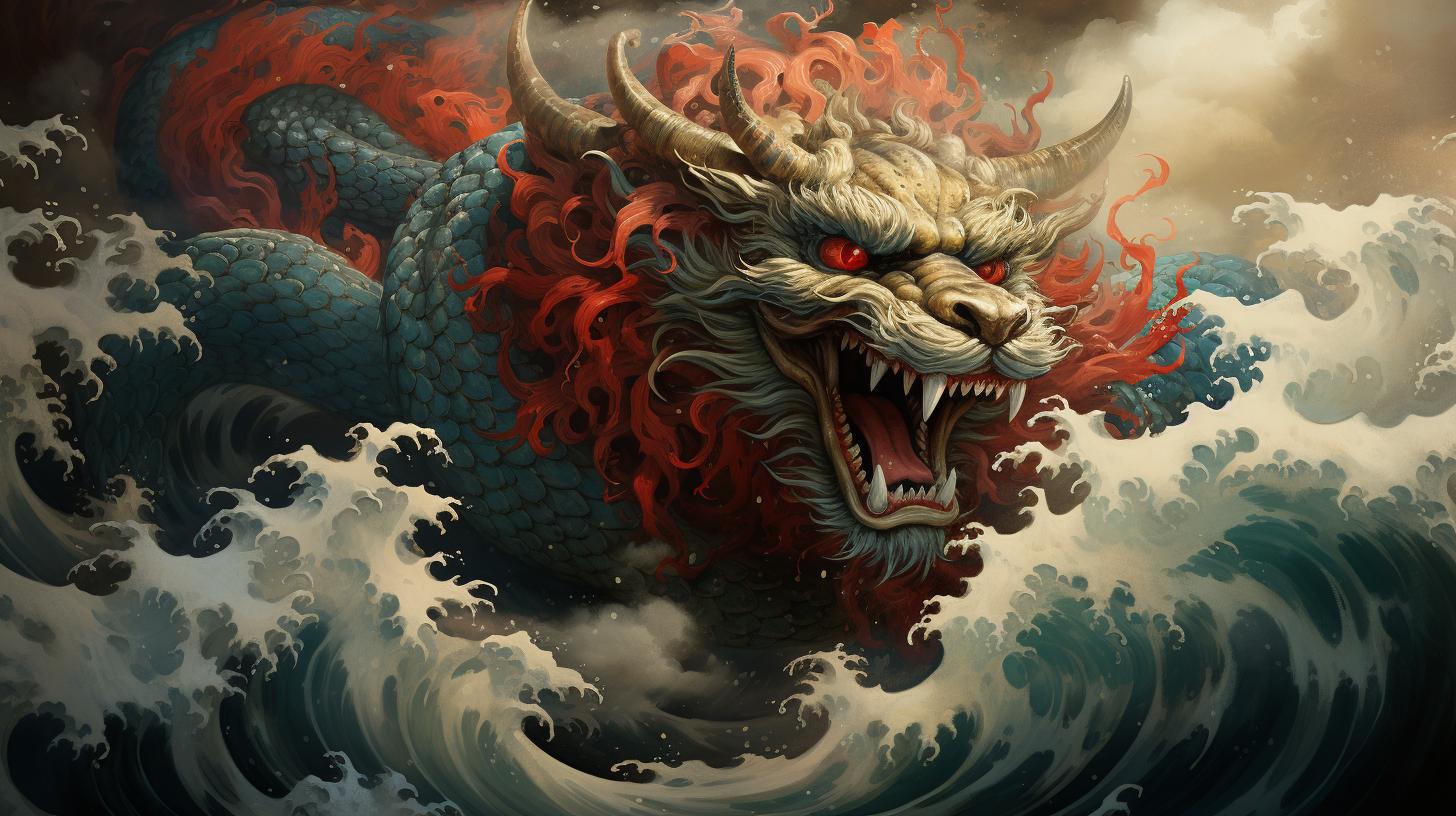
Watatsumi, also revered as the Japanese god of the ocean, holds great importance in Japanese mythology. Believed to have been born from the blood of a slain dragon, Watatsumi is revered as the supreme deity of the ocean.
This divine figure is closely associated with serpents and dragons, similar to the rain god, Kuraokami. Legends surrounding Watatsumi include the story of assisting Hoori in retrieving a lost fish hook and the marriage between Watatsumi’s daughter, Otohime, and a human.
Throughout Japan, various shrines pay homage to Watatsumi, showcasing the significance of this maritime deity in Japanese culture and folklore.
The Mythology of Watatsumi: Exploring the Japanese Sea Deity
The mythology surrounding Watatsumi, also known as Watatsumi no Kami, takes us on a captivating journey through the realm of Japanese folklore, uncovering the rich history and enigmatic nature of this revered deity.
In this section, we will delve into the origins and birth of Watatsumi in Japanese mythology, discover the significant role he plays as the great deity of the sea, and explore his association with dragons and serpents.
Origins and Birth of Watatsumi in Japanese Mythology
According to ancient Japanese legends, Watatsumi came into existence when Izanagi, the primal god of creation, cleansed himself of the dragon’s blood after his return from the underworld. His name was written in various ways in ancient texts, including 海神 (kaijin), Watatsumi no Mikoto, and others.
This divine entity, born from the purifying act of Izanagi, holds immense significance in Japanese mythology and is revered as the god of the sea and dragons.
Watatsumi’s Role as the Great Deity of the Sea
As the great deity of the sea, Watatsumi wields extraordinary power over the vast ocean.
In the creation myth of Japan, Watatsumi is mentioned as one of the many gods born from Izanagi and Izanami after the formation of the Japanese islands. He commands the tides, determines the fortunes of fishermen and sailors, and is believed to protect those who traverse the treacherous waters.
With his dominion over the sea, Watatsumi symbolizes both the life-giving force and the untamable might of the ocean.
The Association of Watatsumi with Dragons and Serpents
Dragons and serpents hold a significant place in Japanese mythology, and Watatsumi is intimately associated with these mystical creatures. Just like Kuraokami, the Japanese rain god, Watatsumi’s connection to these beings emphasizes his role as a divine force of nature.
Legends and Stories Associated with Watatsumi
Legends and stories surrounding Watatsumi, the Japanese god of the sea, are rich and captivating. These tales offer insight into the deity’s power and influence in Japanese mythology.
Watatsumi’s Aid to Hoori: The Dragon and the Lost Fish Hook
One remarkable legend involving Watatsumi revolves around his assistance to Hoori, a human who had lost his brother’s fish hook.
In his despair, Hoori sought the help of Watatsumi, who graciously provided him with a mighty dragon to aid in his quest. Together, they embarked on an extraordinary underwater journey to retrieve the treasured fish hook.
Through Watatsumi’s benevolence, Hoori’s plight was resolved, showcasing the god’s willingness to help mortals in times of need.
Otohime, Daughter of Watatsumi: The Human-Marine Marriage
Another captivating tale centers around Otohime, Watatsumi’s daughter, and her enchanting relationship with a human named Hoori. The two fell deeply in love and were united in marriage, blending the world of the divine with that of humanity.
Otohime’s undersea palace became their home, witnessed by the benevolent presence of her father, Watatsumi. This extraordinary union symbolized the harmonious connection between land and sea, showcasing Watatsumi’s capacity for love and acceptance.
Watatsumi’s Mention in the Nihongi and Connection to the Emperors
The Nihongi, a significant historical text, mentions Watatsumi in association with the emperors Keikō and Jimmu. In one account, Emperor Keikō’s army faces a powerful river that is attributed to Watatsumi’s influence.
Sacrifices were made to appease the deity, showcasing the importance of Watatsumi’s control over water and tides. Additionally, Emperor Jimmu traces his lineage back to Toyotama-hime, the daughter of Otohime and Hoori, who is identified as the offspring of Watatsumi.
This connection to Japanese imperial history underscores the deity’s reverence and importance within the nation’s cultural fabric.
Worship and Veneration of Watatsumi in Japan
Watatsumi, the revered deity of the sea in Japanese mythology, is worshipped and venerated in various locations across Japan. The significance of Watatsumi in Japanese culture and folklore cannot be overstated.
Shrines Across Japan: Kiyotaki-Schrein, Taki-no-miya, Nibukawakami-Schrein
Several shrines in Japan are dedicated to Watatsumi, the revered Japanese sea god, serving as sacred sites that attract devoted worshippers and visitors alike. Among the prominent shrines honoring Watatsumi, also known as the Japanese god of the ocean and pronounced Wadatsumi, are:
- Kiyotaki-Schrein in Nikkō
- Taki-no-miya in Kōchi
- Nibukawakami-Schrein in Yoshino, Préfecture Nara
These revered locations offer a tranquil space for devotees to pay homage to Watatsumi, the tutelary water deity, and seek blessings connected to the sea and its bountiful resources.
Rituals and Offerings to Honor the Sea Deity
The worship of Watatsumi, also known as the Japanese water god and sea deity Ryūjin, involves various rituals and offerings performed by devotees to express their reverence and seek the deity’s favor.
Rituals often include purification ceremonies and prayers that acknowledge the power and presence of Watatsumi, who was created when Izanagi was washing away the defilement from Yomi, the underworld.
Offerings such as fish, sea creatures, and symbolic items related to the ocean are presented as symbols of gratitude and devotion.
Devotees also engage in acts of purification, such as washing their hands and mouths before entering the shrine, to ensure their preparedness for the sacred experience of communing with Watatsumi, the Japanese god of the sea.
The Significance of Watatsumi in Japanese Culture and Folklore
Watatsumi’s significance extends far beyond religious worship. This revered deity plays a vital role in Japanese cultural and folklore traditions. The tales of Watatsumi, also known as Watatsumi no Kami and including the aid given to Hoori and the lineage of Toyotama-hime, daughter of Watatsumi, are integral to the historical narrative of Japan.
Watatsumi’s influence can also be observed in artistic expressions such as paintings, sculptures, and traditional performances that depict the divine power of this water god. The rich tapestry of Japanese cultural heritage is interwoven with the ethereal presence and impact of Watatsumi.
The worship and veneration of Watatsumi in Japan reflect a deep reverence for the sea and its role in the lives of the Japanese people. Through rituals, offerings, and cultural expressions, devotees continue to honor and uphold the significance of Watatsumi within the fabric of Japanese society.











